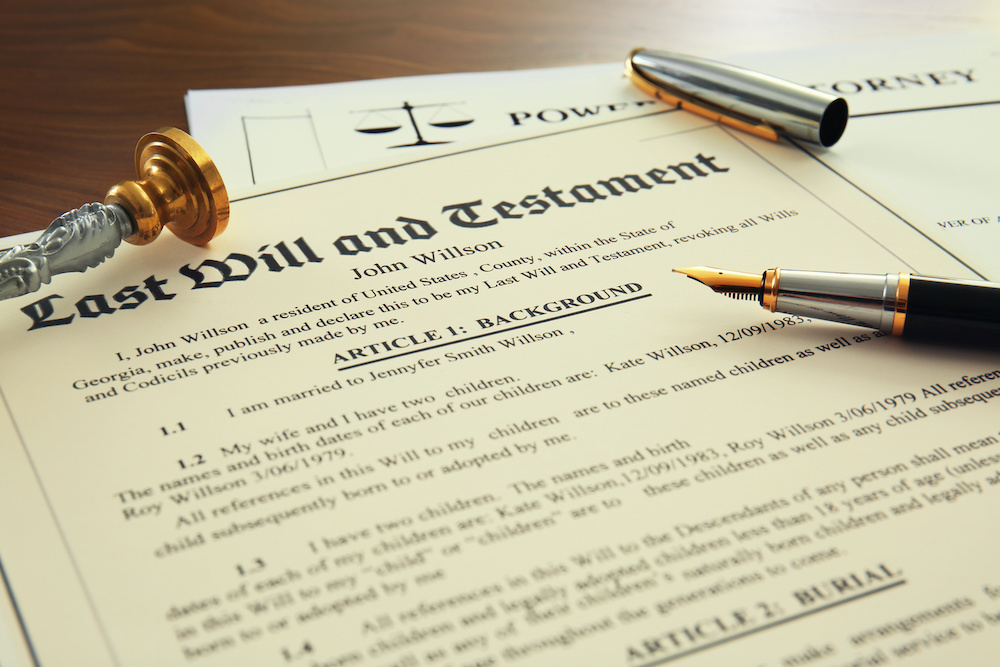Timing is everything; and unfortunately, you may find yourself in a situation where timing is most definitely not on your side. Specifically, this blog talks about the possible scenario of receiving an inheritance from a loved one upon their unfortunate passing, at the same time you are undergoing Chapter 7 or Chapter 13 bankruptcy proceedings. This situation may seem rare, but you may be surprised about just how common it is. On the surface, you may not know if this is a good thing or a bad thing for your case. Well, continue reading to learn what happens if you receive an inheritance during your bankruptcy case and how an experienced Louisville, Kentucky consumer bankruptcy lawyer at Schwartz Bankruptcy Law Center can work to protect these funds in any way possible.
What happens if I receive an inheritance during bankruptcy?
When it comes to Chapter 7 bankruptcy proceedings, there is something known as the 180-day rule. This rule holds that if you inherit money within 180 days of filing for bankruptcy, these funds almost always become incorporated into your bankruptcy estate. This means that your bankruptcy trustee may take these funds and distribute them to your creditors. Of note, the same applies if you are entitled to receive an inheritance before submitting your bankruptcy petition, as this money may be considered part of your owned assets.
As for Chapter 13 bankruptcy, an inheritance before or during your proceedings may similarly go into your bankruptcy estate. With this, these funds may be factored into your three- to five-year repayment plan. Meaning, you may have to use these funds to make your monthly payments. Or, your bankruptcy trustee may even go as far as increasing the amount you owe each month, as they may view this inheritance as a new income source.
What can I do to protect my inherited assets during bankruptcy?
Rest assured, there are strategies you may adopt to protect your inherited money and assets from being tampered with by your bankruptcy trustee. For one, you may get the timing of all this back on your side by waiting more than 180 days between receiving an inheritance and filing for Chapter 7 bankruptcy. Importantly, you should only attempt to delay your bankruptcy filing if your current financial situation still gives you this cushion.
In a scenario where you inherit tangible assets rather than money, you may claim state-specific exemptions at the beginning of your bankruptcy case. For example, the state of Kentucky may offer exemptions for inherited household furnishings, clothing, tools, equipment, livestock, and motor vehicles.
Lastly, if you are entitled to receive an inheritance soon, and you have not yet filed for bankruptcy, you may ask the grantor to establish a revocable living trust. Namely, a trust with a spendthrift provision may not be accessed by creditors and thereby cannot be made part of your bankruptcy estate. It is worth mentioning that this trust type may be funded by money, real property, personal property, and family heirlooms alike.
Your bankruptcy proceedings should not go on without the wise legal counsel of a skilled Louisville, Kentucky consumer bankruptcy lawyer. So please call to schedule your initial consultation with us at Schwartz Bankruptcy Law Center today.

